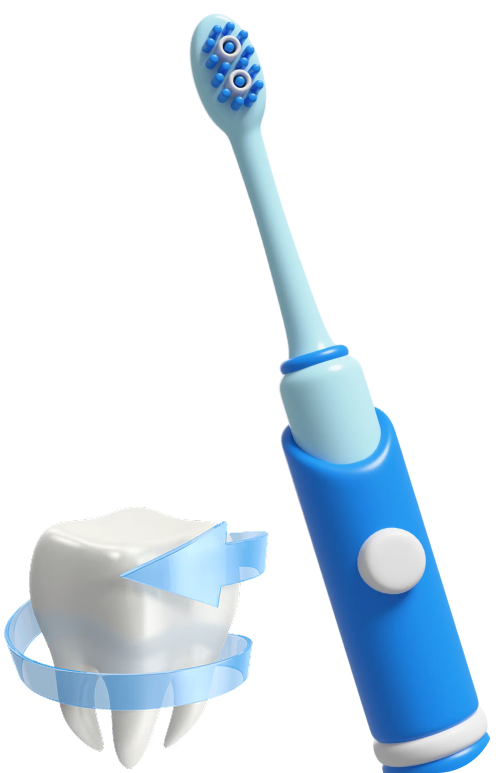How many hours do you and your kids spend staring at screens each day? Each week?
Let’s be honest; it’s nearly impossible to live without electronics these days. It has become part of our lives – it is necessary for work, education, and even leisure. With that said, some studies have found that too much screen time can harm one’s physical and mental health. Here are some statistics:
Statistics
A few years ago, the average screen time for adults in the United States was 11 hours per day. Since lockdown, this number has gone up to 19 hours per day on screens during the pandemic!
Learning problems in children
A 2015 study found that two-year-old who watched more than
three hours of TV per day were 3x more likely to have a delay in their language development than toddlers who watched less than one hour.
Sleep problems
A 2019 study found that too much screen time can lead to
insomnia in teenagers. Teens who used screens for more than 3 hours per day had a significantly harder time falling asleep than those who used screens less often.
Chronic neck and back pain
Too much screen time can lead to poor posture, causing chronic neck, shoulder, and back pain. A 2010 study found that teens who spent more time using screens were more likely to report having headaches and backaches than less frequent screen users.
Addictive Behaviors
Recent studies showed that people could develop addictive behaviors when using too many electronics. This includes craving to use a device constantly or having withdrawal symptoms when they cannot access their phone or apps. If these behaviors interfere with everyday life, it is cause for concern.
So, how much is TOO much?
There is no magic number of hours for recommended screen time. However, experts say adults should limit screen time outside of work to less than two hours per day. For children over age 2, screen time should be limited to 1 to 2 hours per day.
If you are concerned that your screen use is causing issues, talk to your dentist at Crossroads Family Dentistry and schedule an appointment!


















